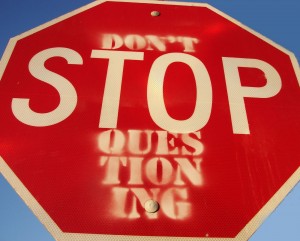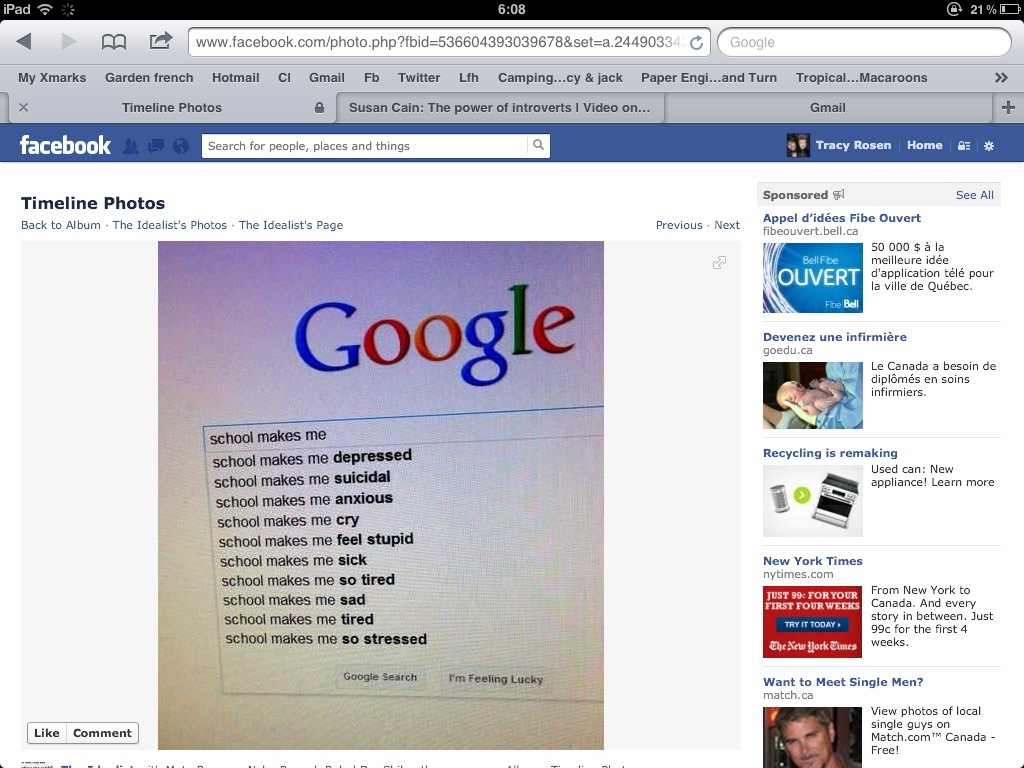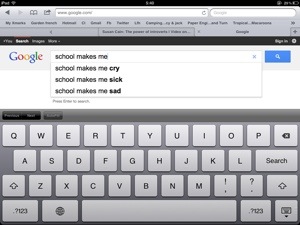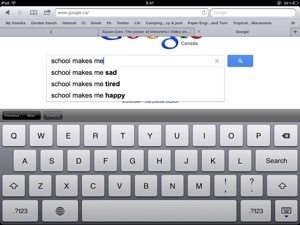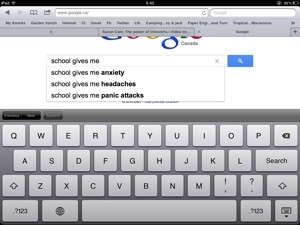…or is that Acquiring, Naturally?
I’ve been thinking a lot about language learning lately, as I bring a group of students towards final evaluations in a few weeks’ time. This group is small, though of the 9 students there are 6 different levels I need to evaluate. So, I repeat, I’ve been thinking a lot about language learning lately :)
A few lines from Mr. Krashen:
“Language acquisition does not require extensive use of conscious grammatical rules, and does not require tedious drill.”
” Acquisition requires meaningful interaction in the target language – natural communication – in which speakers are concerned not with the form of their utterances but with the messages they are conveying and understanding.”
” The best methods are therefore those that supply ‘comprehensible input’ in low anxiety situations, containing messages that students really want to hear. These methods do not force early production in the second language, but allow students to produce when they are ‘ready’, recognizing that improvement comes from supplying communicative and comprehensible input, and not from forcing and correcting production.”
Do I like what he says because this is how I ultimately end up teaching? I can’t stand drills, grammar exercises, worksheet after worksheet of sentences and vocabulary. I can’t. It would bore me to death – all of that paperwork and its organization or, ultimately, disorganization as they all look the same and can easily hide behind each other. All of that subterfuge just gets in between me and the learner and what he or she knows anyways. Besides which, after 16 years of teaching, I know myself well enough that I won’t get around to correcting paperwork in any timely kind of manner.
So maybe it’s my lazy teaching correcting style that keeps my classroom free of worksheets and workbooks. Instead, we talk. I let them talk in English, even. It’s all for the purpose of better understanding French. But they always do some kind of talking and listening in French. At first I was following some kind of instructional format (like, today we will learn about past tense, or today we will learn vocabulary words for sports) but that made everything too…unnatural… and, ultimately, boring. It drove me nuts. So I told them to stop coming up with sentences about sports they used to play and to talk about the things they like to do now or the things they dream about for the future. I let them write it out in English and then they had to translate. We used dictionaries, translators, me, other students, whatever they were comfortable with and by going through that process they began to take more risks in speaking. Since I have all those levels I can’t quite have conversations with all of them at the same time so I’m happy for the tablets we have access to. There’s no waiting for their turn to talk, they practice talk into the tablet. Then they listen, erase, and practice talk some more. I make my rounds and record something as well, so they have my voice to listen to even if I’m not there.
Basically, the classroom is just a spot where we experiment with language. I think it grew out of my lazy correcting practice but just by listening to my students experiment with French, taking risks they would not have taken a few months ago I can say that being a lazy corrector may just have made me a better teacher for this group of learners.


